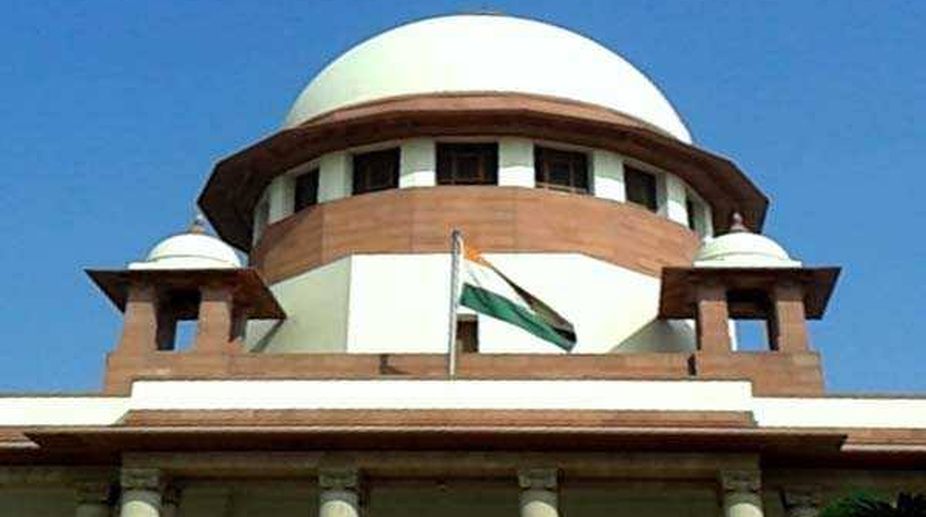Intel appoints Santhosh Viswanathan as India region head
Chip maker Intel on Friday said that it appointed Santhosh Viswanathan to head the India region business as its Managing Director (MD).

The government on Friday took strong exception in the Supreme Court when the parties challenging Aadhaar scheme said the country was creeping towards becoming a “concentration camp” and a “totalitarian state”.
The high-voltage hearing before a bench headed by Justice J Chelameswar saw Attorney General K K Venugopal strongly objecting to the use of these phrases by senior counsel Shyam Divan who appeared for those having reservations over the policy relating to the unique identification scheme.
Divan contended that the policy to make Aadhaar mandatory for availing benefits of all welfare schemes “invades upon the right to privacy of a citizen since birth” as even minors are compelled to part with their biometrics.
Advertisement
“We are creeping into a situation where the entire country will become a concentration camp,” Divan argued before the bench which also comprised Justices A M Khanwilkar and Navin Sinha.
He said the Centre cannot compel anyone to give his or her biometrics as this will enable the government to have a “complete control over citizens, right from birth … which means it will be a totalitarian state”.
“It will be a totalitarian state as each and every movement is tracked since your birth and the entire country becomes a concentration camp,” he asserted.
The Attorney General intervened at this stage and said Divan was ignorant about the Aadhaar scheme as the people below the poverty line were going to be the beneficiaries of the welfare measures.
Venugopal, whose view was sought regarding the issue being finally decided by the apex court's constitution bench, said he had objections to Divan's submission as the media would tomorrow come out with reports that India is a concentration camp.
The Attorney General said the significance of Aadhaar was to ensure that the state-run schemes reach the grassroots and are not swallowed enroute.
“Please do not term it as a concentration camp,” he said.
However, Divan was unperturbed and said he will continue to say that the country was “creeping towards becoming a concentration camp” and that “I have said so in my affidavit”.
The Attorney General took exception to his submission and said “if he continues to say it is a concentration camp, I have strong reservations. The media will write that India is becoming a concentration camp.”
At this juncture, the bench intervened and said it cannot control the language of a lawyer unless he or she is using an “unparliamentary” word.
“We have no control over the language unless it is unparliamentary. Hyperbole is always part of the Indian system,” the bench observed.
However, Divan stuck to his stand and said “It is not hyperbole. It is an under-statement”.
After this exchange, the bench deliberated on the issue of referring the matter to a constitution bench and asked the parties to urge the Chief Justice to set up a larger bench to decide on the issues relating to Aadhaar.
Advertisement